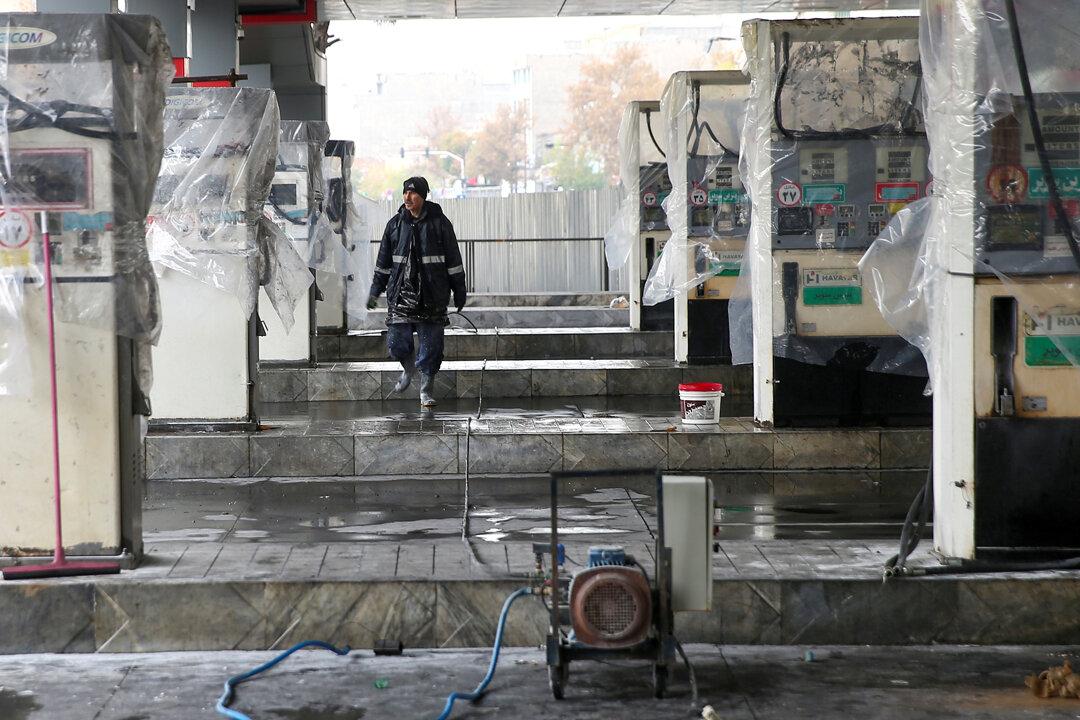News Analysis
Attorneys for Adnan Syed recently filed a petition asking the Supreme Court to take his case (grant certiorari) and to reverse the ruling of the Maryland Court of Appeals, which refused to grant Syed a new trial after he was convicted and sentenced to life imprisonment for the murder of his ex-girlfriend, Hae Min Lee.





